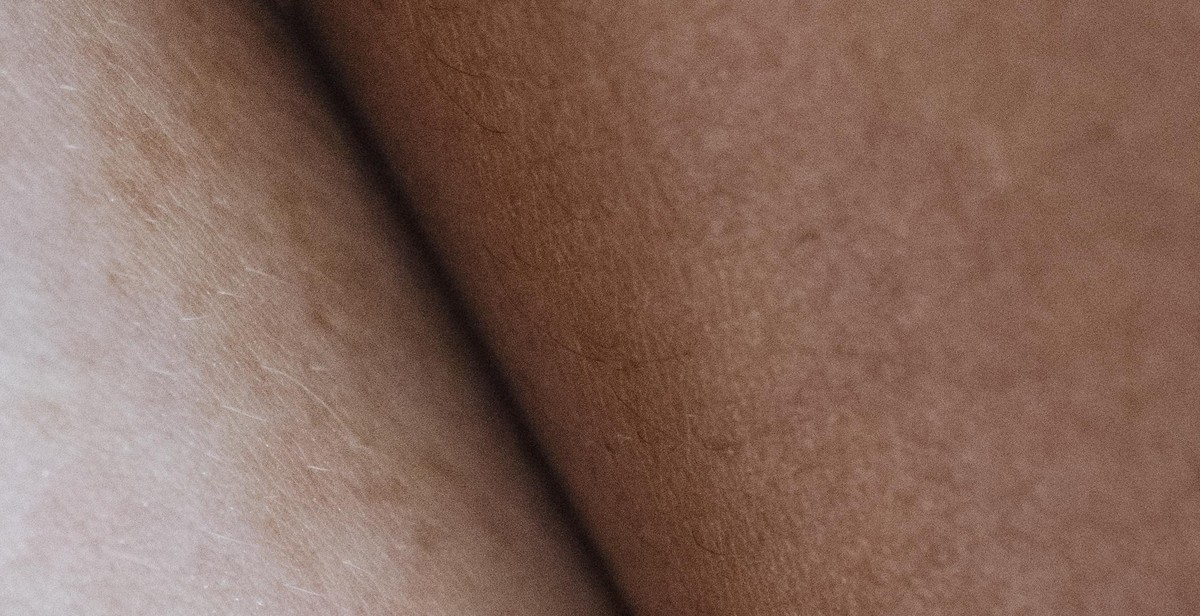How to Choose the Right Face Mask for Your Skin Concerns
Face masks have become a popular skincare essential in recent years, and for good reason. They offer a variety of benefits, from hydrating and brightening to exfoliating and unclogging pores. However, with so many options available, it can be overwhelming to choose the right one for your specific skin concerns.
Why Choosing the Right Face Mask is Important
Choosing the right face mask is crucial in achieving your desired skincare results. Using the wrong mask can actually worsen your skin concerns and cause irritation or breakouts. It’s important to identify your skin concerns and choose a mask that addresses them effectively.
Additionally, different skin types require different types of masks. For example, oily skin types may benefit from a clay mask to absorb excess oil, while dry skin types may benefit from a hydrating mask to nourish and moisturize.
- Identify your skin concerns
- Choose a mask that addresses those concerns
- Select a mask suitable for your skin type
By following these simple steps, you can choose the right face mask for your unique skin concerns and achieve the best possible results.

Identifying Your Skin Concerns
Before choosing the right face mask for your skin, it’s important to identify your specific skin concerns. Here are some common skin types and concerns:
Acne-prone Skin
If you have acne-prone skin, look for face masks that contain ingredients like salicylic acid, benzoyl peroxide, or sulfur. These ingredients are known to help unclog pores and reduce inflammation. Clay masks are also great for acne-prone skin as they can absorb excess oil and impurities.
- Salicylic acid
- Benzoyl peroxide
- Sulfur
- Clay masks
Dry Skin
If you have dry skin, look for face masks that contain ingredients like hyaluronic acid, glycerin, or aloe vera. These ingredients can help hydrate and soothe dry skin. Cream masks are also great for dry skin as they can provide intense hydration.
- Hyaluronic acid
- Glycerin
- Aloe vera
- Cream masks
Oily Skin
If you have oily skin, look for face masks that contain ingredients like kaolin clay, charcoal, or tea tree oil. These ingredients can help absorb excess oil and unclog pores. Gel masks are also great for oily skin as they can provide hydration without adding extra oil.
- Kaolin clay
- Charcoal
- Tea tree oil
- Gel masks
Sensitive Skin
If you have sensitive skin, look for face masks that contain ingredients like chamomile, oatmeal, or aloe vera. These ingredients can help soothe and calm irritated skin. Avoid masks that contain fragrances or harsh chemicals as they can further irritate sensitive skin.
- Chamomile
- Oatmeal
- Aloe vera
- Fragrance-free masks
Conclusion
Identifying your specific skin concerns is the first step in choosing the right face mask. Whether you have acne-prone, dry, oily, or sensitive skin, there is a mask out there for you. Look for masks that contain ingredients that address your specific concerns and avoid harsh chemicals or fragrances that can further irritate your skin.

Types of Face Masks
Face masks are a great way to give your skin some extra love and attention. There are many different types of face masks available, each with their own unique benefits. Here are some of the most popular types of face masks:
Clay Masks
Clay masks are perfect for those with oily or acne-prone skin. They work by absorbing excess oil and impurities from the skin, leaving it feeling clean and refreshed. Clay masks are typically made with ingredients like bentonite clay, kaolin clay, or French green clay. These ingredients are known for their ability to unclog pores and reduce inflammation.
Sheet Masks
Sheet masks are a popular type of face mask that are made with a thin sheet of material that is soaked in a serum. These masks are great for all skin types and are especially beneficial for dry or dehydrated skin. They work by infusing the skin with moisture and nutrients, leaving it feeling soft and hydrated. Sheet masks are available in a variety of different materials, including cotton, hydrogel, and bio-cellulose.
Gel Masks
Gel masks are a great option for those with sensitive or irritated skin. They are typically made with a cooling gel that helps to soothe and calm the skin. Gel masks are also great for those with dry or dehydrated skin, as they provide a burst of hydration. Some gel masks also contain additional ingredients like antioxidants or hyaluronic acid, which can help to improve the overall health and appearance of the skin.
Cream Masks
Cream masks are a luxurious option for those with dry or mature skin. They are typically made with rich, nourishing ingredients like shea butter, avocado oil, or cocoa butter. Cream masks work by deeply hydrating the skin, leaving it feeling soft and supple. They are also great for improving the overall texture and appearance of the skin.
There are many different types of face masks available, each with their own unique benefits. Whether you have oily, dry, or sensitive skin, there is a face mask out there that is perfect for you.

Choosing the Right Face Mask for Your Skin Concerns
Face masks are a popular skincare product that can help to improve the overall appearance and health of your skin. However, with so many different types of face masks available, it can be challenging to know which one is right for your skin type and concerns. In this article, we’ll explore how to choose the right face mask for your skin concerns, whether you have acne-prone skin, dry skin, oily skin, or sensitive skin.
Acne-prone Skin
If you have acne-prone skin, you’ll want to look for a face mask that contains ingredients that can help to unclog pores and reduce inflammation. Look for masks that contain salicylic acid, benzoyl peroxide, or sulfur. These ingredients can help to exfoliate the skin, kill bacteria, and reduce oil production. Clay masks are also an excellent option for acne-prone skin as they can help to absorb excess oil and impurities.
Dry Skin
If you have dry skin, you’ll want to look for a face mask that can help to hydrate and moisturize your skin. Look for masks that contain ingredients like hyaluronic acid, glycerin, or aloe vera. These ingredients can help to lock in moisture and improve the overall texture and appearance of your skin. Sheet masks are an excellent option for dry skin as they can provide a concentrated dose of hydration.
Oily Skin
If you have oily skin, you’ll want to look for a face mask that can help to control oil production and reduce the appearance of pores. Look for masks that contain ingredients like clay, charcoal, or tea tree oil. These ingredients can help to absorb excess oil and impurities and leave your skin looking matte and refreshed.
Sensitive Skin
If you have sensitive skin, you’ll want to look for a face mask that is gentle and non-irritating. Look for masks that contain ingredients like chamomile, oatmeal, or honey. These ingredients can help to soothe and calm your skin without causing any irritation. Avoid masks that contain fragrances, alcohol, or harsh chemicals as these can cause redness, itching, and inflammation.
By choosing the right face mask for your skin concerns, you can help to improve the health and appearance of your skin. Whether you have acne-prone skin, dry skin, oily skin, or sensitive skin, there is a face mask out there that can help to address your specific concerns.

Conclusion
Choosing the right face mask for your skin concerns is an important step in achieving healthy and glowing skin. With so many options available in the market, it can be overwhelming to choose the right one. However, by understanding your skin type and concerns, you can narrow down your options and select a mask that suits your needs.
When choosing a face mask, it’s important to consider the ingredients and their benefits. Look for masks that contain natural ingredients like clay, charcoal, and botanical extracts that are known to detoxify and nourish the skin. Avoid masks that contain harsh chemicals or fragrances that can irritate the skin.
Another important factor to consider is the type of mask. Sheet masks are great for providing instant hydration and nourishment, while clay masks are ideal for deep cleansing and detoxifying. Gel masks are perfect for soothing and calming the skin, while exfoliating masks are great for removing dead skin cells and promoting cell renewal.
It’s also important to follow the instructions on the packaging and not leave the mask on for too long. Overuse of masks can lead to dryness, irritation, and breakouts.
By following these tips, you can choose the right face mask for your skin concerns and achieve healthy, glowing skin. Remember to always patch test a new product before applying it to your entire face and consult a dermatologist if you have any concerns about your skin.
